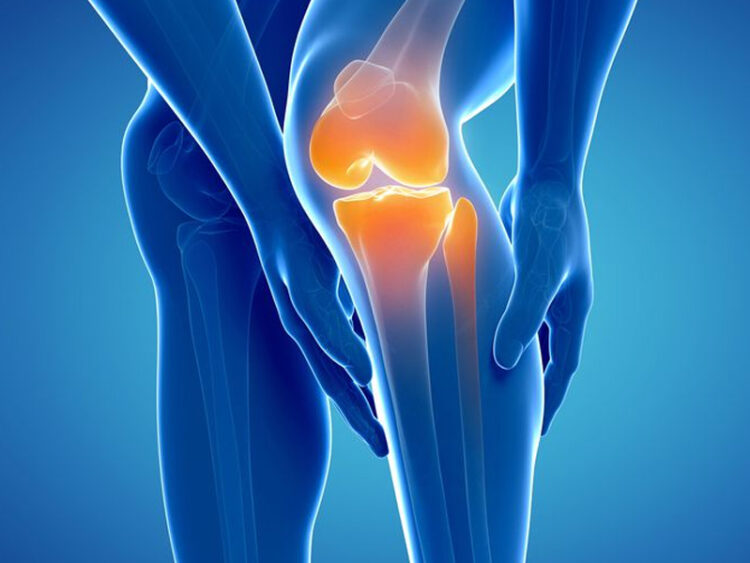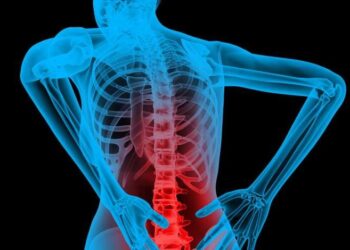Is arthritis more prevalent among women? Yes, says Dr. Yatinder Kharbanda, a senior consultant orthopedic surgeon at Indraprastha Apollo Hospital in Delhi. He explains, “Arthritis is more common in women due to biological, hormonal, and behavioral reasons. Women’s joints are more flexible than men’s, making them prone to wear and tear and increasing the risk of osteoarthritis. Hormonal changes, particularly a decline in estrogen following menopause, also play an important effect. Estrogen protects joints, and a lack of it can cause inflammation and joint pain.
Behavioral patterns, such as the varied physical activities that women participate in, play an important influence. Weight changes during pregnancy might also put pressure on the joints. Women typically bear the burden of domestic and caregiving responsibilities, which frequently include monotonous tasks. These strain the joints over time. It is critical to recognize that arthritis is not simply a result of aging. Staying active, maintaining a healthy weight, and seeing a doctor at the first indication of joint pain are critical.
Early warning signs of arthritis in women
Women may have early arthritis symptoms such as joint pain, stiffness, and swelling, which are typically worst in the morning or after periods of inactivity. Other symptoms include joint discomfort, restricted range of motion, and weariness. Doctor says, “Women of reproductive age are more vulnerable to autoimmune arthritis types such as rheumatoid arthritis, which might present with these early signs. Small joints like the hands, wrists, and ankles are generally the first to be impacted over time.” Early detection is critical, so see your doctor if these symptoms continue, particularly during or after pregnancy.
Effect of weather and obesity on arthritic patients
Weather changes, particularly cold and damp environments, can exacerbate arthritis symptoms by causing joint stiffness and discomfort. Experts recommend staying warm, exercising, and consuming Omega 3 fatty acids. “Obesity, especially in pregnant women, puts pressure on weight-bearing joints such as the hips, knees, and lower back, exacerbating arthritic discomfort and perhaps aggravating inflammation. Doctor explains that maintaining a healthy weight and remaining active can help reduce joint tension and stiffness, allowing for better mobility despite arthritis.
Lifestyle changes you can make
These lifestyle adjustments can go a long way in reducing pain and improving overall quality of life, advises Dr. Kharbanda:
- Staying physically active is key—regular, low-impact exercises like walking, swimming, or yoga can help keep joints flexible and reduce stiffness.
- Maintaining a healthy weight is crucial, as excess weight puts extra stress on the joints, especially in the knees, hips, and lower back.
- Simple changes in posture and body mechanics, such as using ergonomic chairs and taking frequent breaks when sitting for long periods, can also ease discomfort.
- Applying heat or cold to painful areas, wearing supportive footwear, and using assistive devices like canes or joint braces can provide additional relief.
Disclaimer: This material is intended to provide information only and should not be used as a substitute for professional medical advice. Always consult your doctor if you have any queries concerning a medical issue
Source:HT







 Finance
Finance







